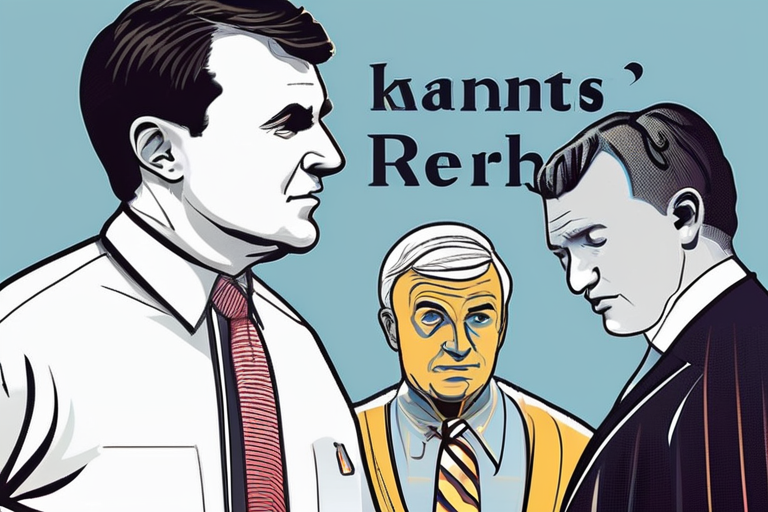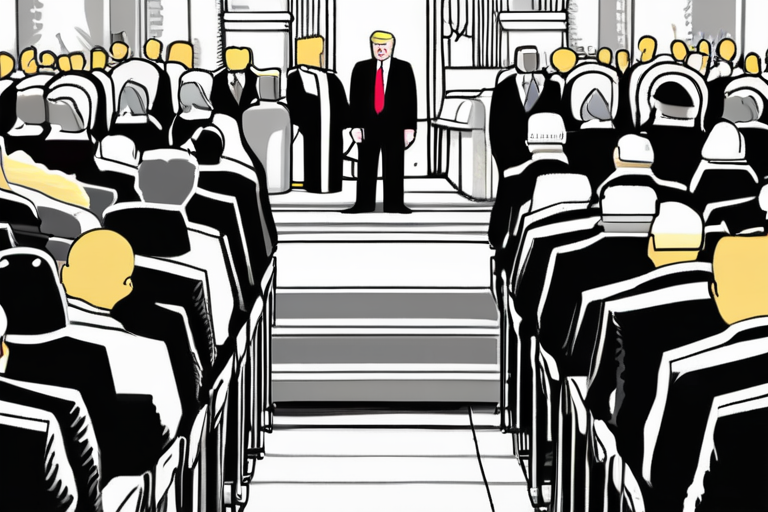Conservative Figures Rush to Elevate Charlie Kirk's Legacy After Tragic Death


Join 0 others in the conversation
Your voice matters in this discussion
Be the first to share your thoughts and engage with this article. Your perspective matters!
Discover articles from our community

 Hoppi
Hoppi

 Hoppi
Hoppi

 Hoppi
Hoppi

 Hoppi
Hoppi

 Hoppi
Hoppi

 Hoppi
Hoppi

Let's Be Honest About Charlie Kirk's Life — and Death CHARLOTTE, N.C. — The killing of right-wing activist Charlie Kirk …

Hoppi

Stephen Colbert, Jimmy Kimmel Condemn 'Monstrous' Charlie Kirk Shooting Death On September 11, 2025, prominent right-wing activist Charlie Kirk was …

Hoppi

Trump Hails Charlie Kirk as 'American Hero' at Memorial Service Tens of thousands of mourners gathered at the State Farm …

Hoppi

Charlie Kirk's Death Sparks Controversy Among Young Generation CHARLOTTE, N.C. - The sudden death of Charlie Kirk, a prominent conservative …

Hoppi

Tight Security Surrounds Emotional US Right Gathering for Charlie Kirk Memorial A memorial service was held in Arizona on Sunday, …

Hoppi

The Right Wing Desperately Wants to Make Charlie Kirk Its MLK A national day of remembrance has been declared for …

Hoppi